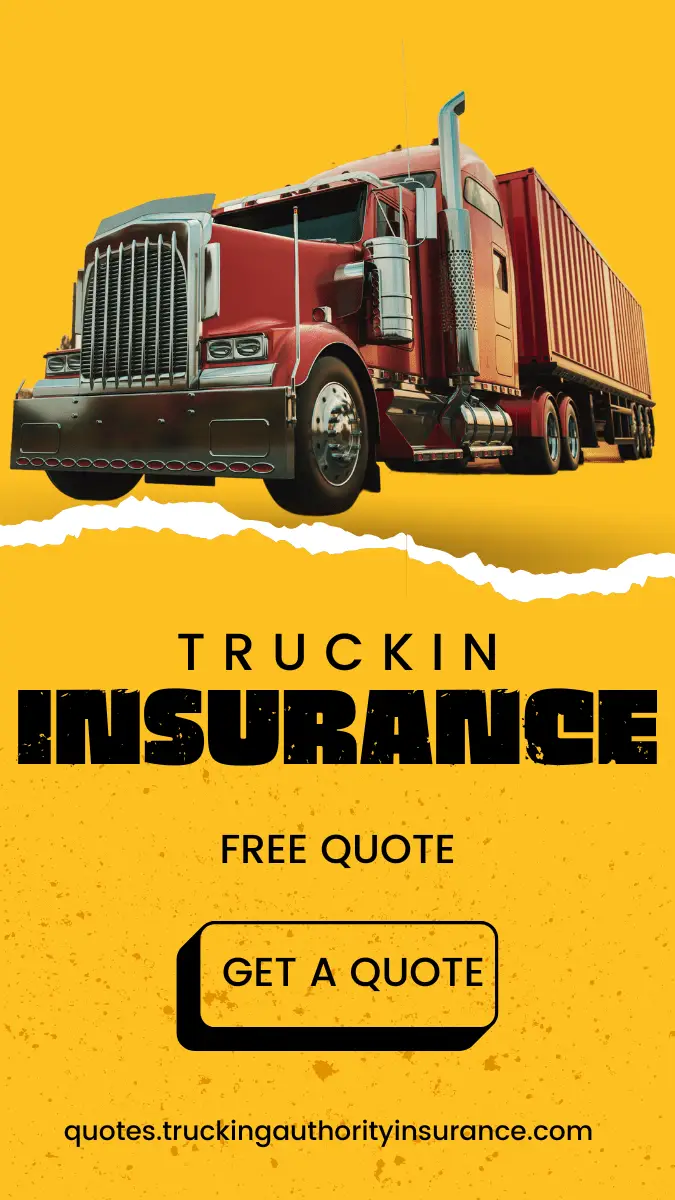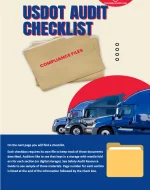Starting and running a trucking business isn’t just about keeping trucks on the road. It also means keeping up with complex permits, filings, and regulations. Missing a requirement can put your trucks out of service, cause costly fines, or eat away at profits. That’s why it’s important to understand how permitting services save carriers money by reducing errors, preventing delays, and helping you stay compliant.
The True Value of Professional Permitting Services for Carriers
Lost days due to paperwork or regulatory problems directly reduce revenue. Every delay not only costs money but can also damage customer relationships. Professional permitting services are designed to manage the paperwork and timelines for you.
Benefits carriers often see from professional permitting services:
Fewer errors in applications.
Faster turnaround on approvals.
Reduced risk of compliance violations.
More time to focus on daily operations.
By letting permitting experts handle filings, carriers keep trucks moving and maintain steady income streams. Professional permitting services do more than process paperwork, they help trucking companies stay compliant, avoid costly fines, and reduce administrative stress.
With reliable permit management in place, carriers gain predictability in timelines, greater confidence when passing inspections, and fewer interruptions in day-to-day operations. This support allows small fleets and owner-operators to focus on finding loads, serving customers, and growing revenue, rather than worrying about whether applications were filed correctly or deadlines were met.

Reducing Costly Delays Through Expert Guidance
One of the most expensive outcomes of mishandled permitting is downtime. Small mistakes like incomplete forms or missed deadlines can cause trucks to be pulled from the road until issues are corrected.
How expert guidance reduces delays:
Applications are filed correctly the first time.
Each step of the process is tracked, reducing bottlenecks.
Current federal and state regulations are followed to prevent rejections.
Carriers get their permits faster, avoiding idle equipment.
Avoiding delays means more reliable delivery schedules, better service for customers, and fewer unexpected expenses.
Streamlining Permit Service to Accelerate Business Launch
Starting a trucking company requires several permits and filings before the first load can be hauled. For new carriers, the process can feel overwhelming. Errors in the early stages often cause slowdowns that prevent companies from getting on the road quickly.
Steps in a streamlined permit service:
Identifying the specific permits needed for your operation.
Filing the correct paperwork with the appropriate agencies.
Monitoring applications until approval is granted.
Keeping future renewals on track to avoid lapses.
By managing these steps efficiently, new businesses launch faster and start generating revenue sooner. A clear permitting process also reduces stress for first-time owners, giving them confidence that nothing has been overlooked. With the right systems in place, carriers can focus on building freight contracts and establishing steady income instead of worrying about compliance setbacks.
Essential Permits Every New Trucking Company Needs
Starting a trucking company means understanding the permitting process and securing the right permits from the beginning. Without them, trucking companies risk costly delays, unexpected variable costs, and potential fines that can take trucks off the road. Having the correct permits in place keeps operations legal and helps carriers save time and money.
The permits most new trucking companies need include:
USDOT Number, required for most commercial carriers, it identifies your business with the Department of Transportation.
MC Number (Operating Authority), needed for interstate carriers that transport freight for hire, part of the permitting process to begin operations legally.
BOC-3 Filing, assigns process agents in each state, a filing that activates your authority.
UCR (Unified Carrier Registration), an annual permit service for interstate carriers that helps avoid costly delays at weigh stations.
IFTA (International Fuel Tax Agreement), a critical part of fuel tax compliance filings that ensures carriers only pay what they owe. Errors here can create unnecessary variable costs.
IRP (International Registration Plan), apportioned registration that allows trucking companies to operate in multiple states without duplicate permits.
Form 2290 / HVUT (Heavy Vehicle Use Tax), required for vehicles over a certain weight, ensuring compliance with federal tax regulations.
State-specific permits, such as oversize or overweight permits, temporary trip permits, CA Number, TX DOT Number, or additional fuel permits, depending on your routes and loads.
Drug & Alcohol Enrollment and Clearinghouse compliance, mandatory for CDL drivers and part of ongoing compliance filings.
Professional permitting services and permit management ensure these filings are completed accurately and on time. With experienced support, trucking companies get permits faster, avoid mistakes, and protect themselves from costly delays. Using a reliable permit service reduces variable costs and keeps compliance filings in order, letting carriers focus on hauling freight instead of navigating complex paperwork.
How Compliance Filings and Permit Management Save Money
Permit and compliance management are not one-time tasks. They require continuous attention throughout the life of a trucking company. Errors or missed deadlines can lead to costly audits and penalties that occur when carriers do not have proper permits in place, along with interruptions in operations.
Areas where careful management saves money:
IFTA filings: Accurate fuel tax reporting ensures carriers only pay what they owe.
Annual renewals: UCR, IRP, and 2290 filings must be kept up to date to avoid late fees.
Audit prevention: Proper records reduce the risk of penalties during audits.
Roadside compliance: Accurate paperwork helps prevent violations that can sideline trucks.
Staying ahead of these requirements reduces financial uncertainty and protects profit margins. For many carriers, reviewing a clear cost breakdown of permitting services helps them plan budgets more effectively and avoid overspending on unnecessary filings.
Partner With Truckers Authority Today
Managing permits and compliance correctly is one of the most important steps in running a profitable trucking business. Done right, it prevents delays, fines, and wasted time. Done poorly, it can halt your operations and drain resources.
Truckers Authority specializes in filing permits, securing authority, handling compliance filings like IFTA, IRP, and 2290, and enrolling carriers in Drug & Alcohol programs and Clearinghouse requirements. We provide the guidance and services needed to keep trucks moving and businesses growing.







